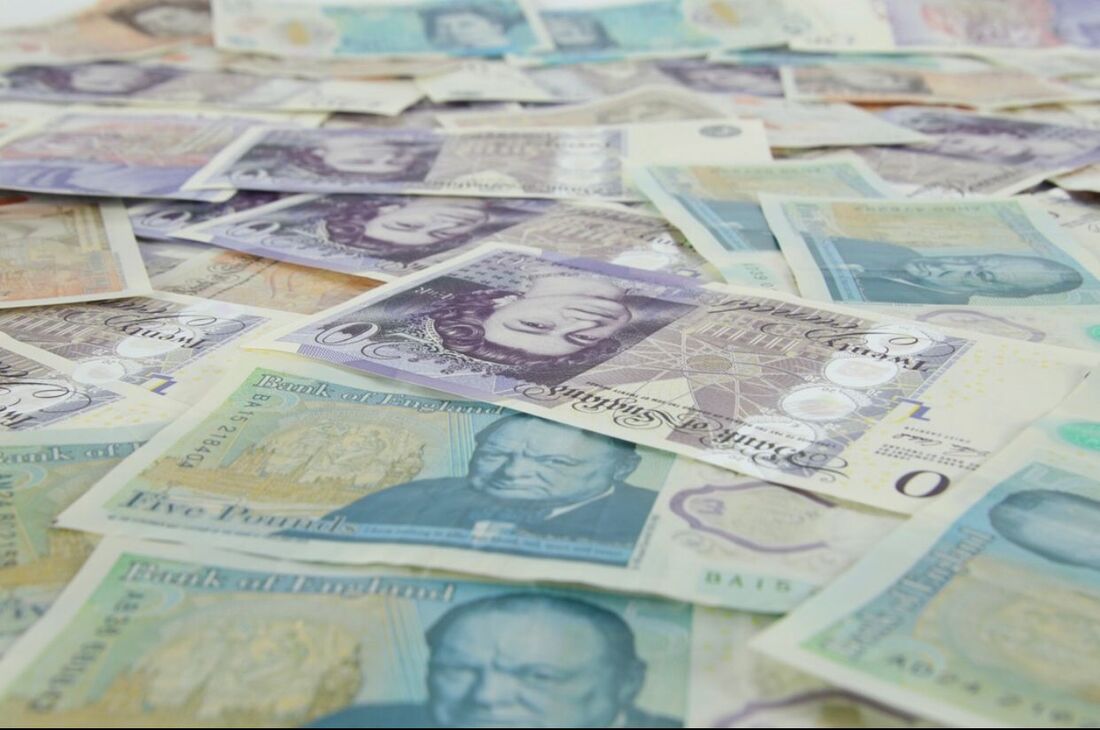|
By A. Melcon Recently, the pound has fallen to its all-time low since 1985- dropping more than 1% against the dollar to $1.1351. In 1992, on the 16th of September, Britain crashed out of the Exchange Rate Mechanism, which was a system designed to reduce drastic currency fluctuations ahead of the euro, which eventually caused a devaluation of the pound. Currently, that date comes to be known as Black Wednesday, as the pound crashed to a level never seen before. Liz Truss, Britain’s new leader, announced a cap on consumer energy bills for the duration of two years to decrease the economic impact of the war in Ukraine on UK citizens, which has so far cost the country an estimated 100 billion pounds. On the 23rd of September, Kwasi Kwarteng has explained how this would be funded, and has states how the tax cuts promised by Truss during her campaign. These measures have been put in place as the UK hopes for economic growth and an increase in business incentives. Despite this government plan having some possibilities of improving the country’s economy, many investors are saying that it may lead to a higher budget deficit and more inflation instead. The devaluation of the pound had many other economic implications. UK equity markets also fell, and now it seems that the UK risks a currency crisis as they reach parity with the dollar. However, it is not to be assumed that this drop in the pound was unexpected, as the bank of England had already suggested that the UK economy was in recession, and many analysts have said that the value of the pound already started dropping when Britain voted to exit the EU in 2016. The devaluation of the pound has had many implications, both within and out of the UK. Firstly, it has now become harder to pay energy costs, mortgages, and more, as gas and other prices were taxed in dollars, and now a greater amount of pounds has been valued as equal to a lesser amount of dollars. Especially with the recent change in the country’s politics and monarchy, due to the death of the late queen and the ousting of Boris Johnson as prime minister, leaves the country in an even more severe cost of living crisis. The devaluation of the pound will also have very important consequences in the price of imported goods, as, due to most of global trade and transactions being priced in dollars, the average price of internationally traded goods will increase. In 2020, Britain imported 46% of its food in 2020, which demonstrates how important this change in price will be as Britain imports almost half of its food. In the same way, trading might decrease, as foreign investors take less profit to their home country after conversions. On the other hand, it is possible to identity some advantages regarding the dropping of the pound. Potentially, it could boost British exports, as consumers in different countries will benefit more economically by buying British products. In the long run, that may benefit factory workers and farmers greatly. Additionally, it has led to an increase in tourists in the UK, as it is now cheaper to international tourists. The British government is taking advantage of this opportunity, and is trying to bring back tax-free shopping for international tourists to boost the amount of people who come to visit the UK and the profit generated this way. Aside from this, the devaluation of the pound is also having other meaningful impacts on tourism in the UK. Now, UK tourists heading out of the country are facing an exchange rate of roughly £1 = $1, which was 20% less than last October. This will impact even the football world Cup held in Qatar, in which the currency is also anchored to the dollar. There are also being many impacts on airline companies, as aviation fuel and aircraft leases are usually priced in US dollars, meaning that, as the UK currency has fallen, airlines are having to pay more to refuel. This is leading to more expensive commercial flights and more expensive kerosine for those with private planes, meaning less people in the UK will have the financial conditions to travel internationally these holidays. Sources: https://www.reuters.com/markets/europe/pound-falls-37-year-low-poor-retail-sales-lift-economic-woes-2022-09-16/ https://www.euronews.com/travel/2022/09/28/the-british-pound-has-hit-a-record-low-how-will-it-impact-your-holiday https://www.cnbc.com/2022/09/23/british-pound-plunges-to-fresh-37-year-low-of-1point10-.html
0 Comments
Your comment will be posted after it is approved.
Leave a Reply. |

